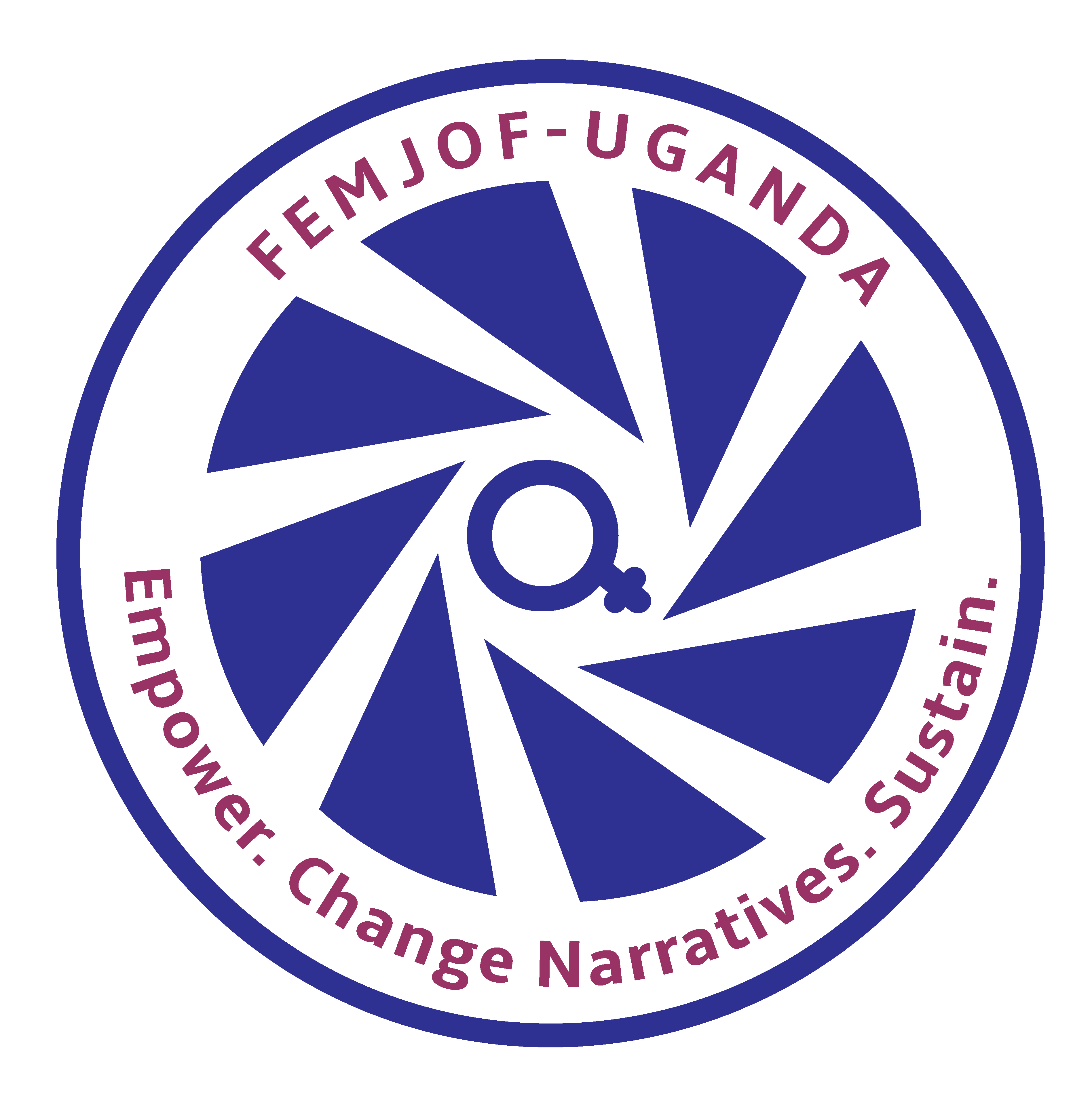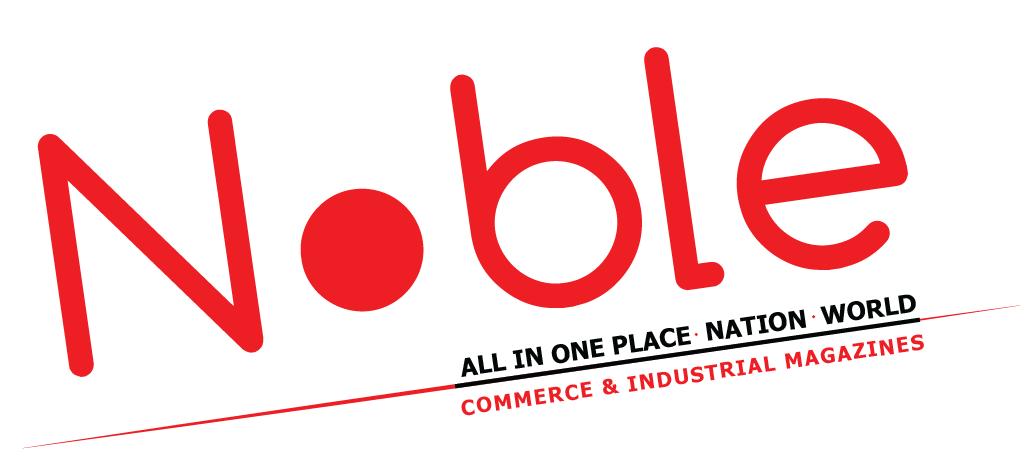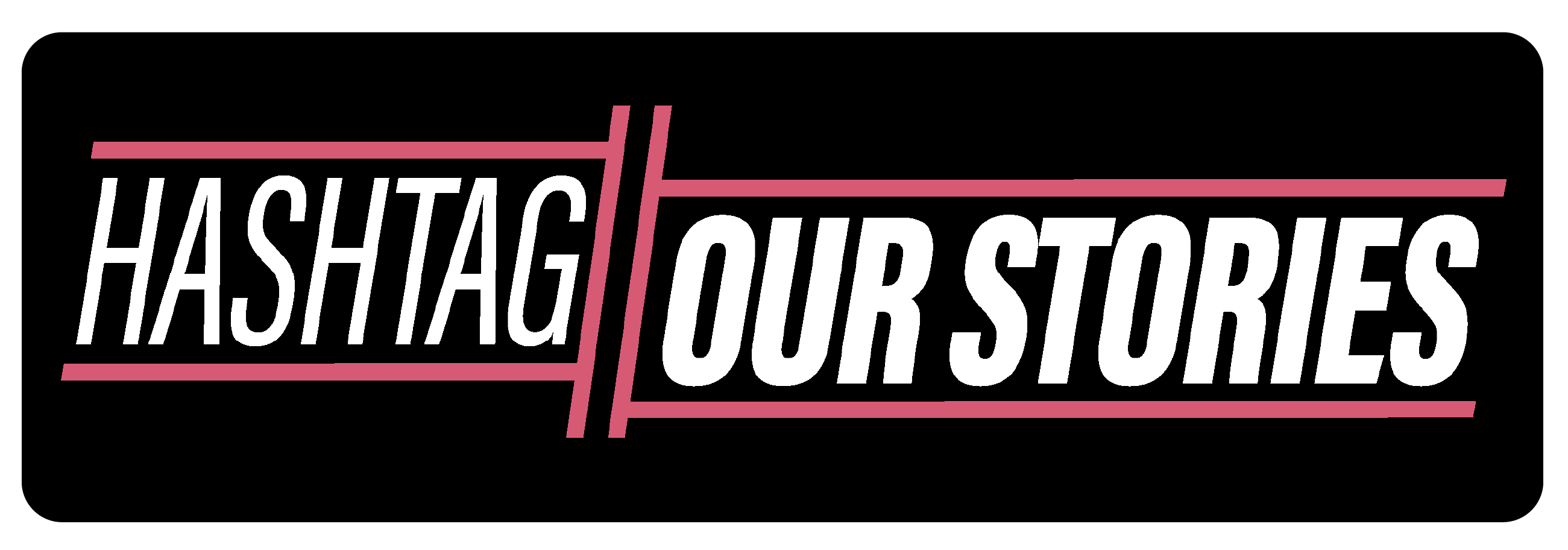Key Issue: Energy
Media acts as change agent on climate change impact
- Umuseke Information and Technology Ltd.
Umuseke published 12 articles as part of this grant, conducting interviews with communities in often isolated areas in Rwanda. Journalists looked at the challenges of biogas installation and highlighted the ways briquettes can be used as a sustainable alternative to firewood. Through their work, the media organisation became change agents in sensitising the public as well as local officials on the impact of climate change and how to mitigate its environmental consequences. Umuseke saw public interest in their website increase during the grant period, and journalists whose jobs had previously been affected by the COVID-19 pandemic were given a renewed motivation to embark on new reporting assignments.
Informing communities on the dangers of oil project
- Vanguard Media Ltd.
Journalists at Vanguard Media Ltd. produced 18 print articles, one television programme, six podcasts in audio and video format, three radio talk shows and two YouTube videos. They also carried out five Twitter space conservations and launched a social media campaign, available under the hashtag #EACOPClimateTalks. Their work focused on disseminating news to local communities on the dangers that come with an oil pipeline project, such as climate change, biodiversity loss and environmental challenges. Vanguard Media Ltd. intends to continue informing local communities about their rights and privileges, and help its audience become more pro-wildlife and pro-environment.
Climate change mitigation strategies that promote community empowerment
- Female Journalists Forum – Uganda (FEMJOF)
FEMJOF conducted a training of 15 women journalists on environmental and climate change reporting for this project. They produced eight stories, including four multimedia pieces, and focused on climate change adaptation and mitigation strategies, such as renewable energy and conservation solutions. Reporters gained an understanding and appreciation of topics related to climate change in order to produce more stories of impact, and learnt skills that allowed them to undertake storytelling on climate change beyond this project. With the help of this grant, FEMJOF aimed to transform and empower communities by sensitising the public to various climate change adaptation and mitigation measures. In this way, information became a tool in promoting socio-economic development.
Media plays its part in climate change conversation
- Noble Magazine
Noble Magazine produced ten articles on climate change projects and policies taking place across Botswana as part of this grant. Journalists looked particularly at how food waste affects the ecosystem of local communities and how sustainability efforts can exact change. The published content successfully raised awareness and challenged mindsets on climate change issues, encouraging public engagement and commitment on the part of local communities.
A voice for marginalised communities on biodiversity conservation
- JRS – Radio Kwizera
JRS – Radio Kwizera used the grant project to train individuals in climate change reporting and produce numerous pieces of content. Fifteen journalists from five different radio stations participated in a three-day training, before producing 20 programmes and 700 radio spots. The station also recruited 280 young people and a further 10 journalists, who produced 10 magazines and 10 documentaries. They also produced several one-hour live panel discussions. The content centred around raising awareness on the importance of conserving plant species, water sources and eco-friendly farming methods. The live panel discussions looked specifically at biodiversity conservation around the Kagera basin. Through their reporting, participants were able to have an impact on the promotion of sustainable land use practices to accelerate agricultural productivity and minimise habitat loss and environmental degradation. It also encouraged the participation of marginalised communities in using eco-friendly energy sources.
Augmented reality as a climate change storytelling tool
- Hashtag Our Stories
Hashtag Our Stories provided a mobile journalism virtual training course to eight participants. The training included lessons on how to film and edit with a mobile device, script and storyboard examples, and lens demonstrations. Participants scripted their own climate stories to reflect the issues affecting their communities, such as drought, agriculture, waste management, sustainable fuels, and water scarcity and solutions. They learnt how to create innovative and compelling visuals, and develop augmented reality lenses and motion graphics. The comprehensive toolkit provided African newsrooms and freelancers with innovative technologies while empowering them to tell climate stories using their mobile phones.
Benefits of renewables to offset greenhouse gas emissions
- Defense Planet Protector Magazine
This climate change reporting project took a broad look at Botswana’s Nationally Appropriate Mitigation Actions, particularly the energy sector, which is the largest emitter of greenhouse gas emissions. Some of its research included a look into the effects of climate change on biodiversity, methane emissions in 14 of Botswana’s landfills, and coal technologies. Through its investigations, it found that infrastructure for climate change mitigation was omitted, not yet in place, or that those tasked with implementing projects were corrupt. The project also exposed that subsidies on coal, on which the country remains highly reliant to generate electricity, were destroying uptake of renewables. It also succeeded in alerting authorities to the concerns of citizens from different spheres on the importance and benefits of renewable energy. Defense Planet Protector Magazine produced 50 articles and 20 videos for this project.









